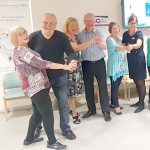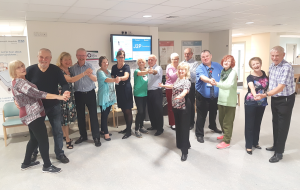Case study of improved mobility and independence
Listen to Regina’s story of how she overcame osteoarthritis and difficulties with mobility with the help of the ESCAPE-pain group at her local leisure centre.
The ESCAPE-pain Programme: Helping people with chronic joint paint to self-manage their condition and become more physically active
At 76 years old, Regina had been suffering with osteoarthritis for over ten years and it was having a big impact on her life physically and emotionally. “I was in a bad place; I was in a wheelchair to start with.”…
Read more of this article

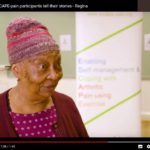

 by Dr Hamish Reid, Consultant in Sport and Exercise Medicine, Moving Medicine design and development lead
by Dr Hamish Reid, Consultant in Sport and Exercise Medicine, Moving Medicine design and development lead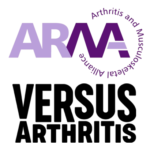
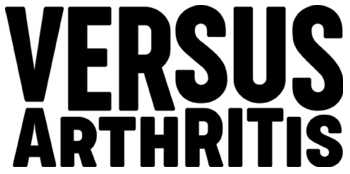
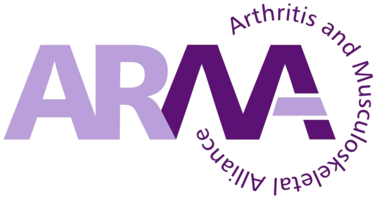
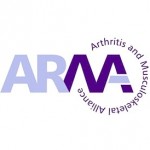
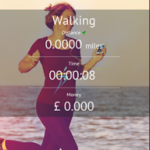
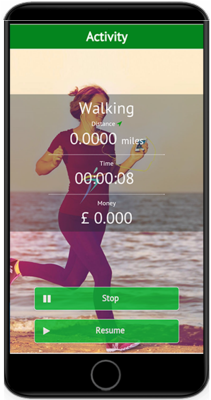 The Fit4Change app converts miles to money for charities, giving an extra incentive to take regular physical activity that will improve your MSK health. You can use it for running, walking, cycling and exercising indoors.
The Fit4Change app converts miles to money for charities, giving an extra incentive to take regular physical activity that will improve your MSK health. You can use it for running, walking, cycling and exercising indoors.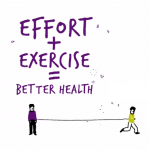
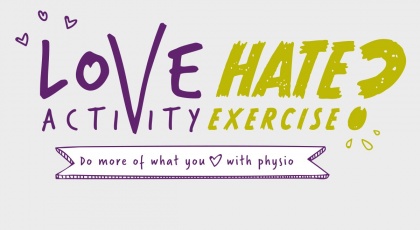 ‘Love Activity, Hate Exercise?’ addresses the emotional as well as physical barriers millions of people with long-term conditions face in being more physically active.
‘Love Activity, Hate Exercise?’ addresses the emotional as well as physical barriers millions of people with long-term conditions face in being more physically active.
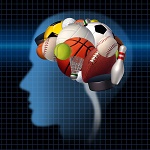 Mental health problems are common and account for the largest single source of disability in the UK.
Mental health problems are common and account for the largest single source of disability in the UK.
 Arthritis Action will be holding a new two-day Self-Management Event on 2-3 May 2018 between 2pm–4.30pm at Blackpool Central Library, Queen Street, FY1 1PX
Arthritis Action will be holding a new two-day Self-Management Event on 2-3 May 2018 between 2pm–4.30pm at Blackpool Central Library, Queen Street, FY1 1PX

